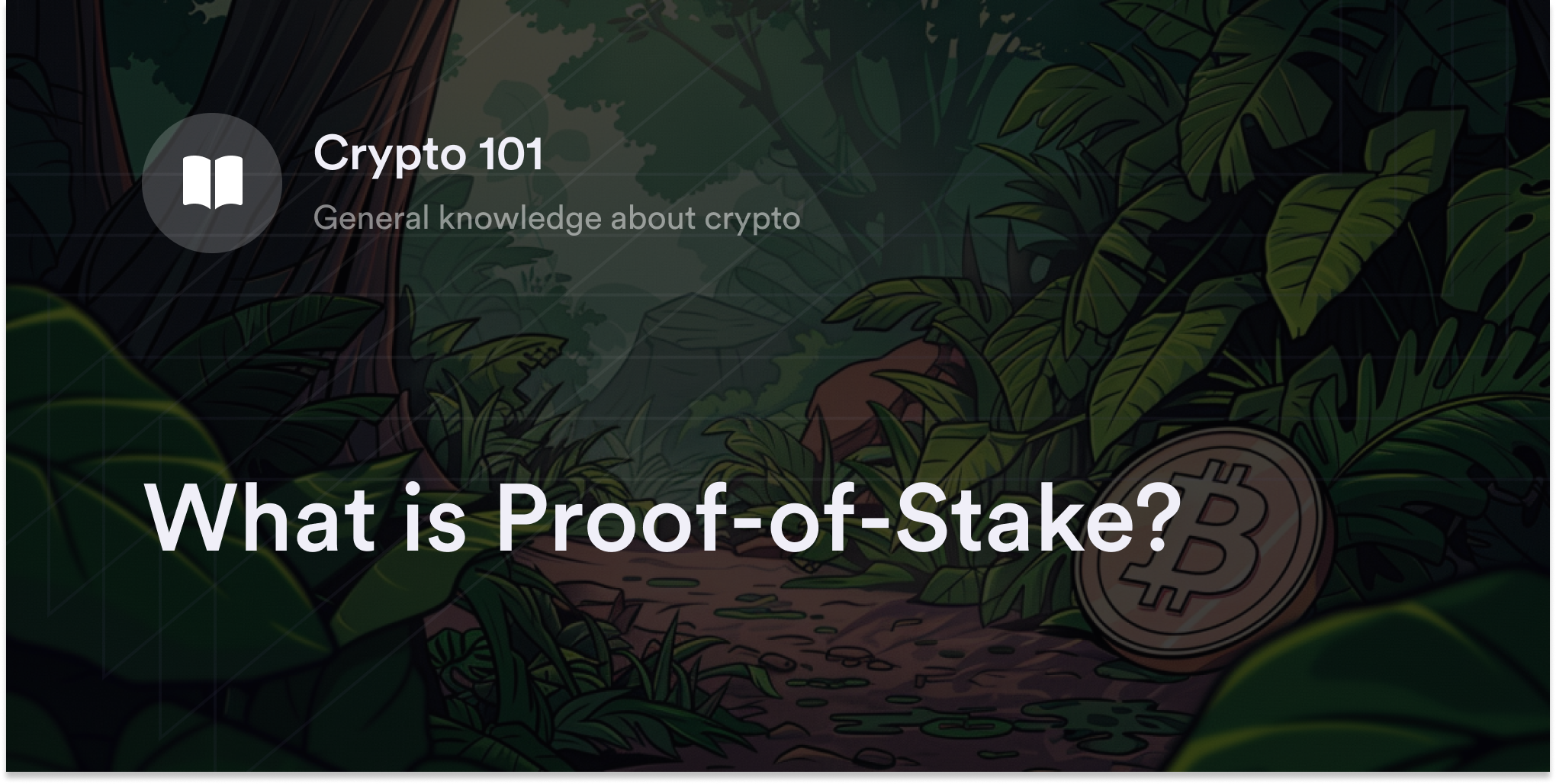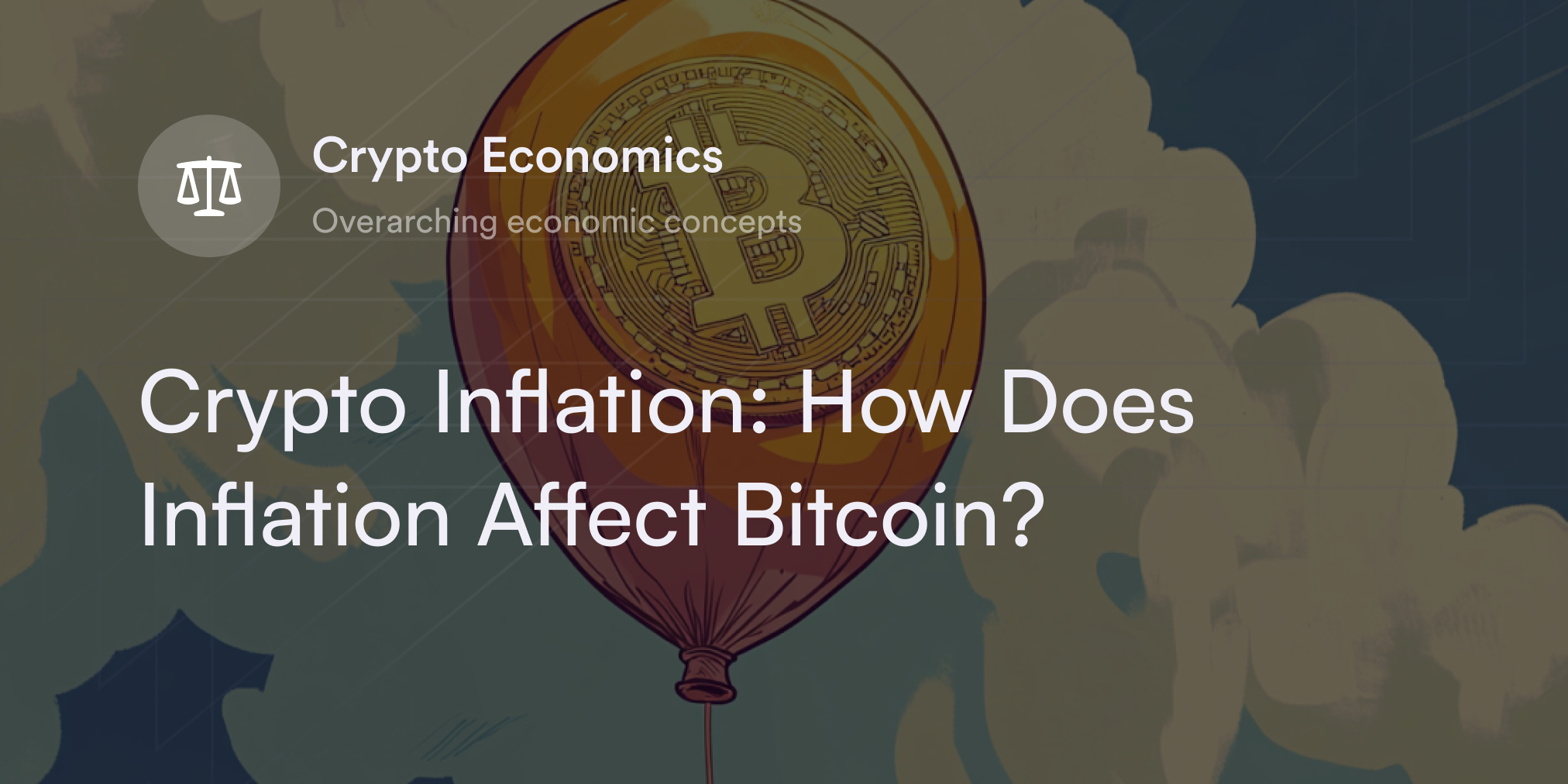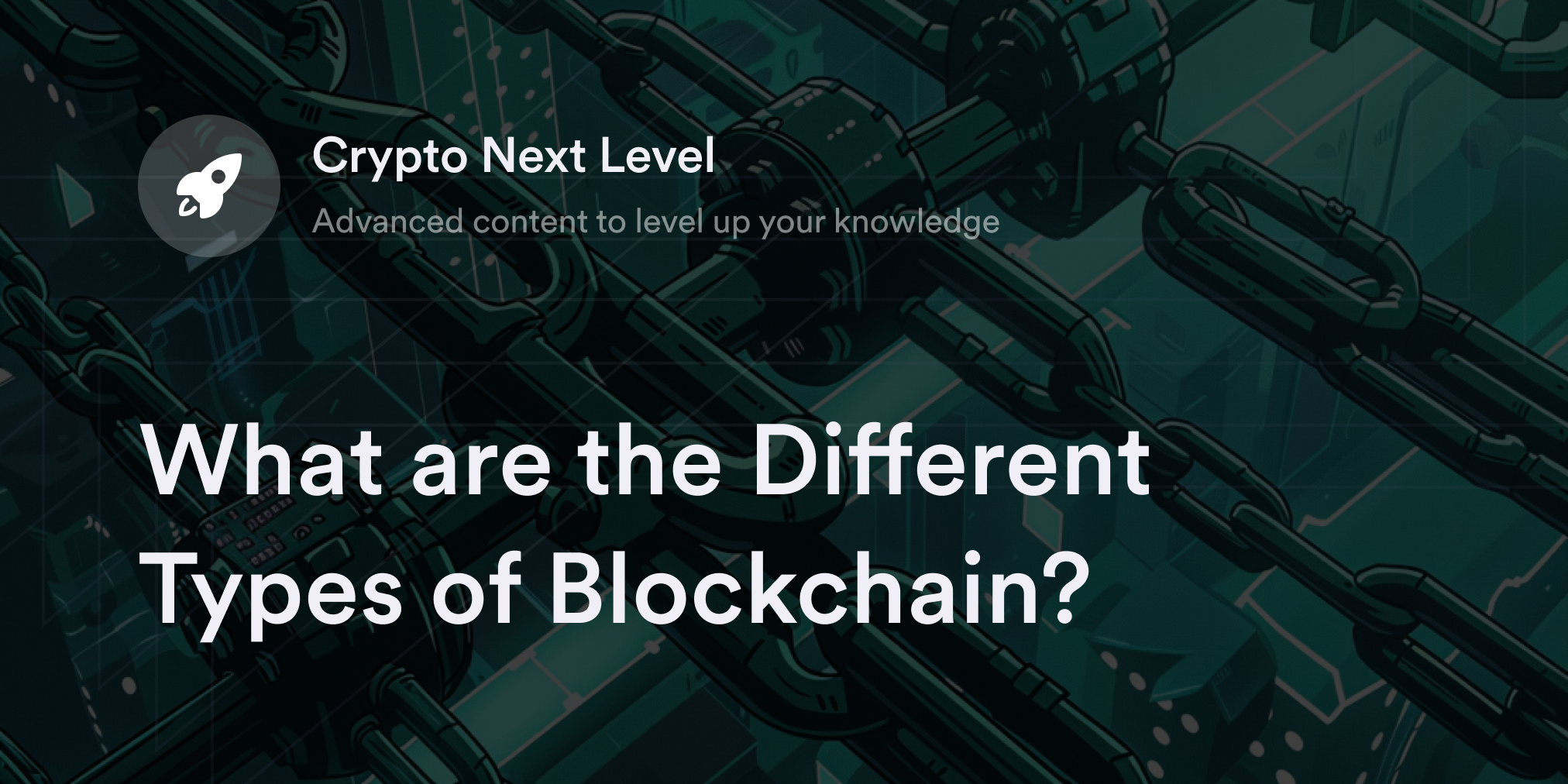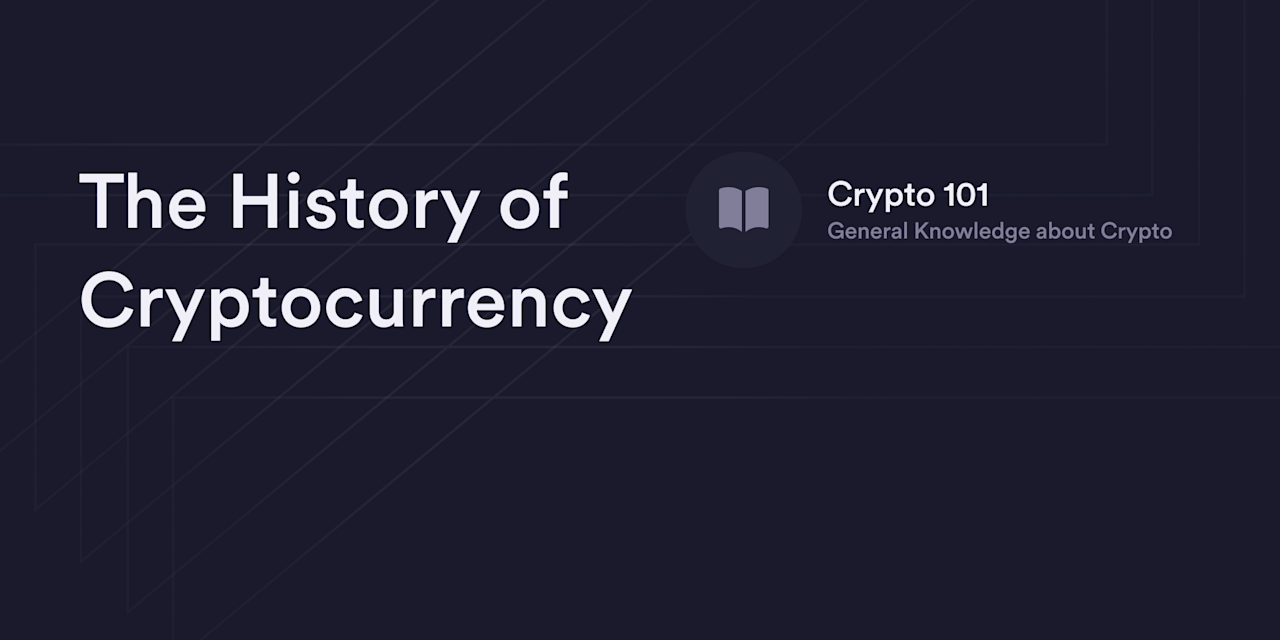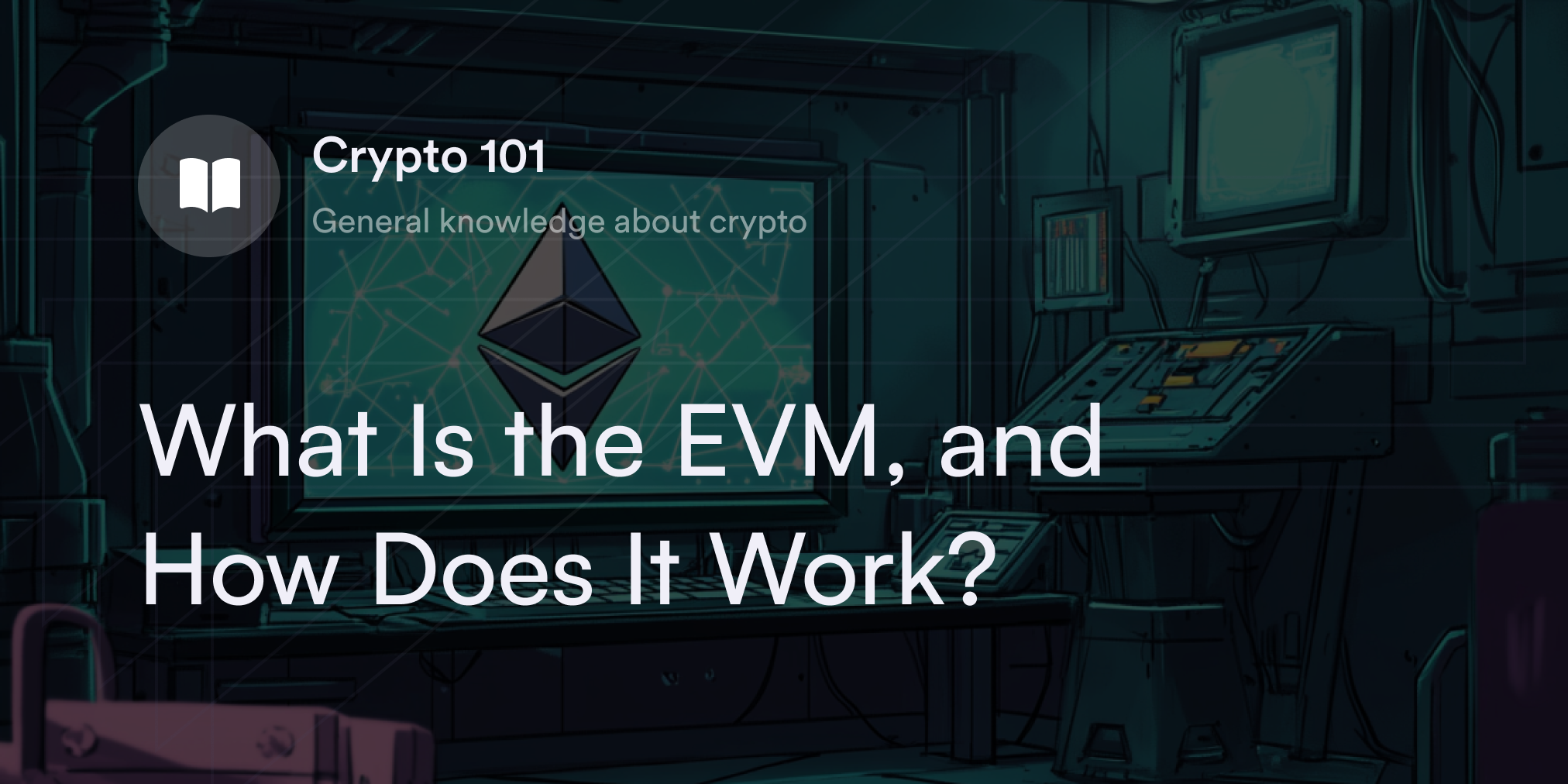
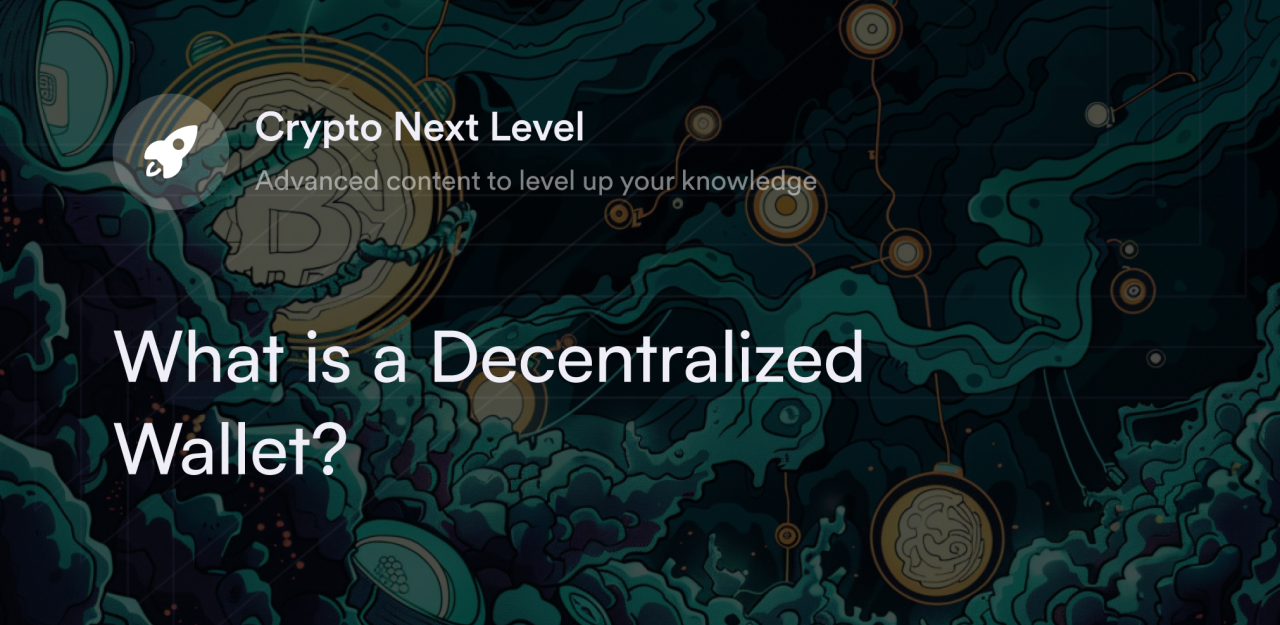

Cryptocurrency’s launch broke the web. Whether it was a coin’s decentralized properties or fast transactions per second, virtual currency revolutionized the financial ecosystem. But only quick crypto transfers and no intermediaries weren’t enough. Users needed software to store and manage their cryptocurrency. That’s where wallets stepped in.
Crypto wallets are associated with transferring digital assets like Bitcoin (BTC). They offer storage capabilities and provide dozens of other features. Most notably, decentralized wallets link to countless applications in the crypto ecosystem, including decentralized exchanges like dYdX.
Learn how crypto wallets are decentralized, what makes them different from centralized options, and how crypto traders choose the “best” decentralized wallet.
What is a Decentralized Wallet?
A decentralized wallet gives users complete control over their digital assets. In other words, only a decentralized wallet’s owner knows the private keys to their wallet address. With a decentralized wallet, users make peer-to-peer crypto transfers and take custody of their cryptocurrencies. That’s why people refer to decentralized crypto wallets as non-custodial, self-custodial, or private wallets.
In contrast, a centralized wallet involves a third-party intermediary. Commonly, these wallets are associated with centralized crypto exchanges (CEXs), such as Coinbase. People with a centralized wallet on a CEX don’t know the private keys for their crypto. Instead, the CEX holds the private keys on its platform. Although traders can transfer their digital currency off a centralized wallet, there’s a risk the CEX can use its authority to bar transactions at any moment. Since the CEX holds custody of the private keys in centralized wallets, they are sometimes called custodial wallets.
Decentralized wallets are available in two varieties:
Hot wallets: These are software applications that store virtual currency and run on mobile devices or PCs. Because hot wallets are always connected to the internet, they’re more vulnerable to hacks. However, most hot wallets are free to download, so they tend to be the most affordable and accessible option.
Cold wallets: These cryptocurrency wallets store private keys offline, typically in a USB unit. Traders connect their cold wallet device to a computer whenever they want to verify a crypto transaction. Although cold wallets are costlier than most hot wallets, they offer greater protection against cyberattacks.
What are the Benefits of Decentralized Wallets?
The primary benefit of using a decentralized wallet is the control it gives crypto holders. These wallets allow users to store cryptocurrencies without worrying about potential counterparty risks. Since decentralized wallets don’t involve intermediaries, people enjoy greater freedom over their digital asset portfolios.
Another benefit of using decentralized wallets is their compatibility with new web-based protocols called decentralized applications (dApps). dApps are similar to other online apps, except they run on decentralized blockchain networks like Ethereum (ETH). Thanks to the decentralization of blockchain technology, dApps promise to increase privacy and introduce innovative use cases in various sectors.
To explore the growing dApps ecosystem, people need a compatible decentralized wallet. Since each decentralized wallet has a unique blockchain address, dApps instantly recognize users once they link a crypto wallet to an application.
For example, dApps in the decentralized finance (DeFi) space offer access to lending, borrowing, and trading services without centralized authorities. dYdX is a DeFi exchange offering crypto perpetuals trading to eligible users who link a decentralized wallet.
Dozens of dApps in industries––such as entertainment, social media, and video games––exist outside DeFi. Other dApp examples include popular non-fungible token (NFT) markets, such as Rarible, Magic Eden, and OpenSea.
Where do People Find Decentralized Wallets for Crypto?
As interest in crypto expands, it’s getting easier to download decentralized wallets on mainstream stores such as Google Play and the Apple App Store. If a software wallet isn’t on either of these app shops, there’s a good chance it has a download portal on its official website. Type the name of a preferred crypto wallet into a search engine like Google and find its official URL domain. Many crypto wallets also have official social media feeds on Twitter and Discord that share info on where to download their application. However, be beware of impersonator accounts that may attempt to scam you!
For those interested in cold wallet devices, manufacturers such as Ledger, ShapeShift, and Trezor ship their USB hardware devices to customers. Although secondary sites, such as eBay and Amazon, resell crypto hardware wallets, it may be preferable to order directly from the manufacturer to enjoy insurance protections and reduce the risk of downloading malware. Unfortunately, some hardware wallet resellers download viruses or malicious code into USB drives to target new crypto users.
How to Choose the Best Decentralized Wallet
Many great decentralized wallets exist, but not every wallet suits your goals. Before downloading a decentralized wallet, evaluate the following features:
Reputation: Prioritize safety when reviewing decentralized wallet options. Gauge a crypto wallet’s security by looking into the longevity and reviews of each service on crypto forums or app stores like Google Play. Also, check for any notable hacks in the past.
Blockchain compatibility: While many multi-chain crypto wallets exist, each wallet accepts different cryptocurrencies. For instance, MetaMask only works with ETH-compatible blockchains, whereas Phantom links to Solana’s blockchain. Double-check the supported cryptocurrencies for each decentralized wallet to see if it works for your preferences.
Ease-of-use: Just because a wallet is well-reviewed doesn’t mean it has an intuitive design. Prioritize a wallet with a blend of functionality and accessibility. Based on reviews, some crypto wallets––such as Trust Wallet, Exodus, and the Crypto.com DeFi Wallet––have a high reputation for a clean, user-friendly interface and experience.
Integration with dApps: People with a specific dApp they want to use should determine their protocol’s recommended crypto wallets. Find a list of supported decentralized wallets by clicking the “Connect Wallet” button on a dApp’s homepage. For instance, after selecting “Trade” on the top of dYdX’s website, choose the “Connect Wallet” tab to see all the supported decentralized wallets for our platform.
A List of Popular Decentralized Crypto Wallets
Everyone has a different choice for the best decentralized wallet, but the following names are viewed as staples in the crypto industry:
MetaMask: NYC-based ConsenSys launched the MetaMask desktop wallet in 2016, and it has since become the dominant hot wallet in Ethereum’s ecosystem. In addition to Ethereum, MetaMask works on Ethereum-compatible blockchains, such as the BNB Smart Chain, Polygon, and Avalanche.
Trust Wallet: Trust Wallet is one of the most successful mobile wallets. It has more than 60 million downloads on Android and iOS phones. Trust Wallet is a multi-chain wallet that supports over 4.5 million crypto assets on dozens of blockchains.
Coinbase Wallet: The Coinbase Wallet is a decentralized hot wallet available as a desktop browser extension and a mobile app. Like Trust Wallet, the Coinbase Wallet supports millions of cryptocurrencies on various blockchains.
Ledger devices: Ledger, a French company, is famous for its USB hardware wallets, such as the Ledger Nano S and Ledger Nano X. All of Ledger’s hardware devices integrate with the company’s “Ledger Live” software app, and some dApps and hot wallets work with Ledger devices.
Trezor devices: Along with Ledger, Trezor is a dominant name in the USB hardware wallet industry. Trezor opened in 2014 with its classic Trezor Model One wallet and now offers a more advanced Trezor Model T device. The company is a subsidiary of Czech-based SatoshiLabs.
Experience Decentralized Crypto Trading on dYdX
If you want to trade crypto derivatives on dYdX, connect your preferred DeFi wallet to our exchange. For convenience, dYdX integrates with dozens of the most popular Ethereum-based decentralized wallets, including MetaMask, Rainbow Wallet, Coinbase Wallet, and Trust Wallet. For more info on our exchange, head to our blog.
While you’re at it, check out our academy to learn more about the cryptocurrency ecosystem, including wallets, BTC, and altcoin perpetuals.
Start trading on dYdX today!
Disclaimer
The content of this article (the “Article”) is provided for general informational purposes only. Reference to any specific strategy, technique, product, service, or entity does not constitute an endorsement or recommendation by dYdX Trading Inc., or any affiliate, agent, or representative thereof (“dYdX”). Use of strategies, techniques, products or services referenced in this Article may involve material risks, including the risk of financial losses arising from the volatility, operational loss, or nonconsensual liquidation of digital assets. The content of this Article does not constitute, and should not be considered, construed, or relied upon as, financial advice, legal advice, tax advice, investment advice, or advice of any other nature; and the content of this Article is not an offer, solicitation or call to action to make any investment, or purchase any crypto asset, of any kind. dYdX makes no representation, assurance or guarantee as to the accuracy, completeness, timeliness, suitability, or validity of any information in this Article or any third-party website that may be linked to it. You are solely responsible for conducting independent research, performing due diligence, and/or seeking advice from a professional advisor prior to taking any financial, tax, legal, or investment action.
You may only use the dYdX Services in compliance with the dYdX Terms of Use available here, including the geographic restrictions therein.
Any applicable sponsorship in connection with this Article will be disclosed, and any reference to a sponsor in this Article is for disclosure purposes, or informational in nature, and in any event is not a call to action to make an investment, acquire a service or product, or purchase crypto assets. This Article does not offer the purchase or sale of any financial instruments or related services.
By accessing this Article and taking any action in connection with the information contained in this Article, you agree that dYdX is not responsible, directly or indirectly, for any errors, omissions, or delays related to this Article, or any damage, injury, or loss incurred in connection with use of or reliance on the content of this Article, including any specific strategy, technique, product, service, or entity that may be referenced in the Article.
